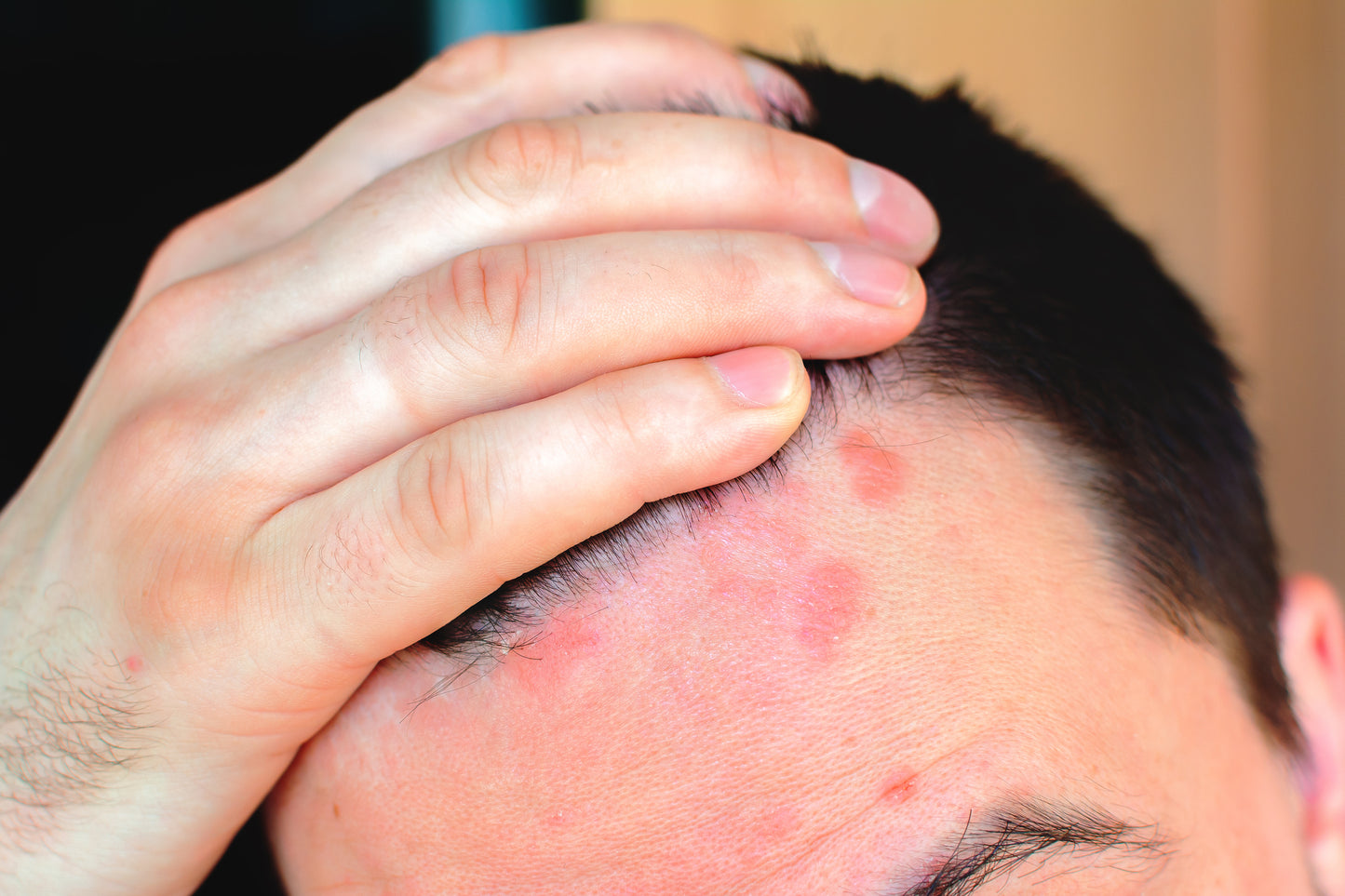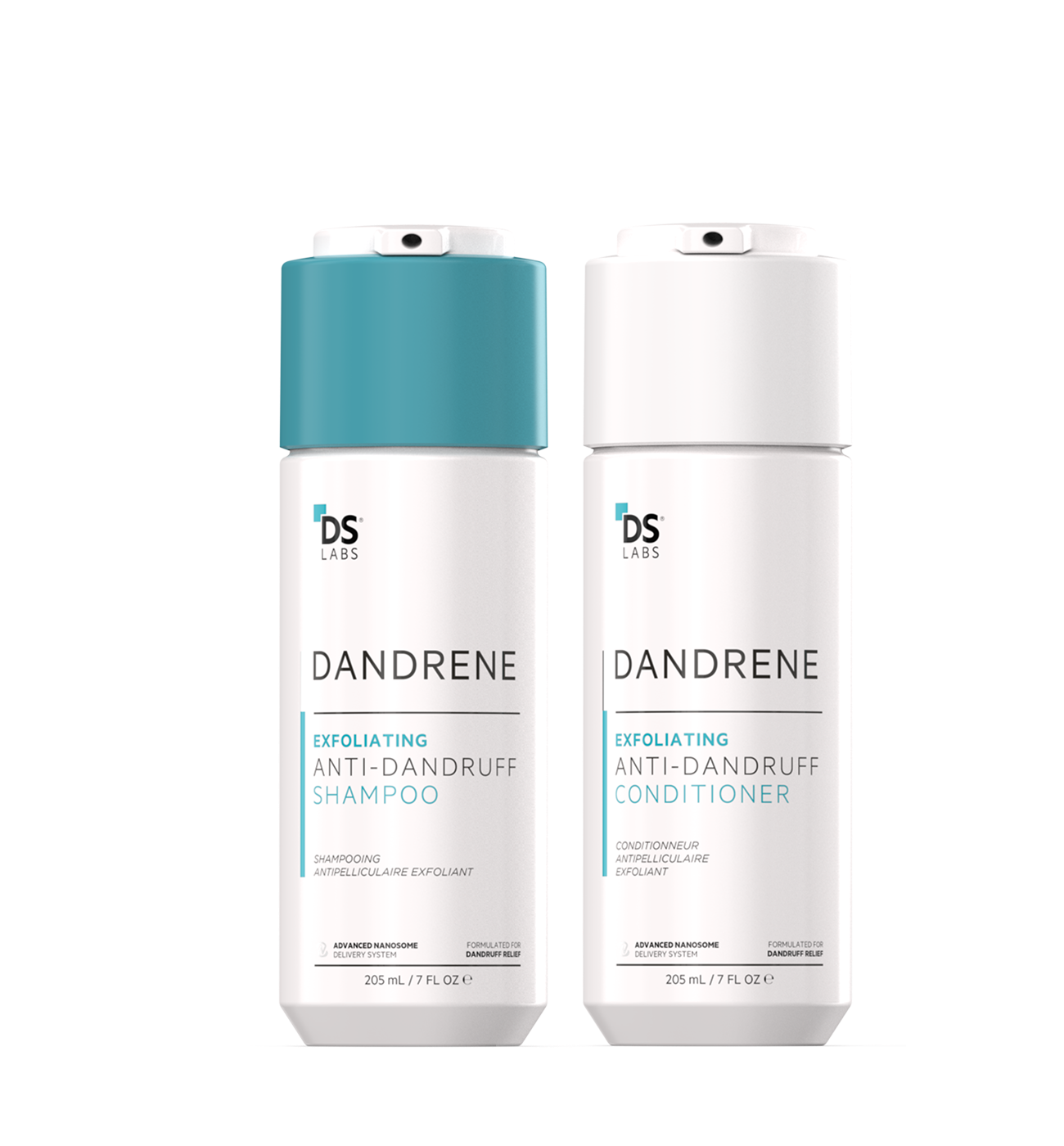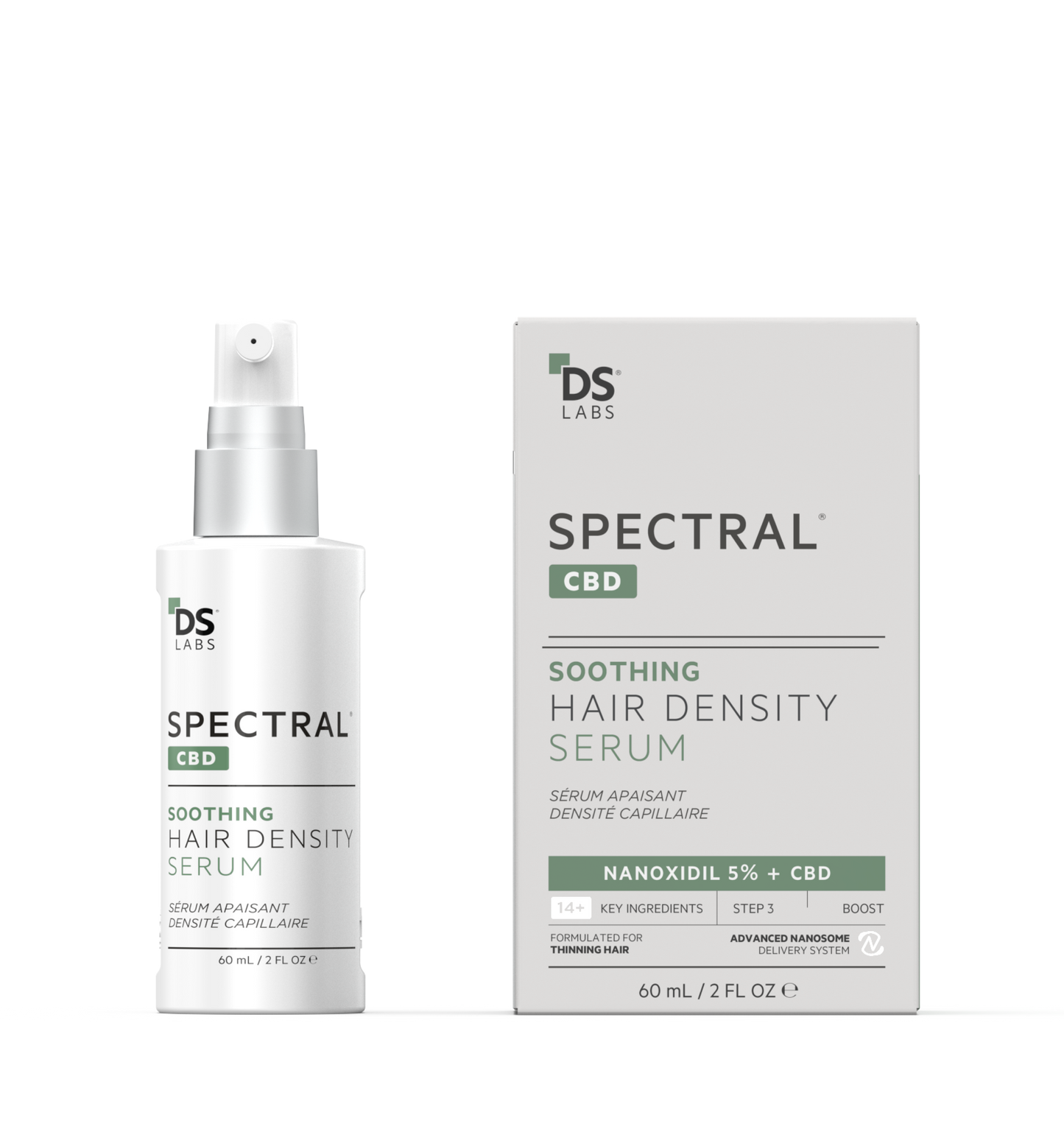Psoriasis is a troublesome skin condition that can be difficult to manage. It can appear anywhere on your skin and frequently finds its place on your scalp. When it does show up on the scalp, it can be particularly itchy and may lead to some unpleasant side effects, including itching, redness, bleeding, and even hair loss. Fortunately, while psoriasis can cause hair loss, your losses are usually only temporary. Nevertheless, here is what you should know about psoriasis and hair loss and how you can get your hair back.
What is psoriasis?
Psoriasis is an autoimmune skin condition that is surprisingly common. According to the National Psoriasis Foundation, more than 8 million Americans suffer from this condition. About half of that number will experience psoriasis on their scalp and other areas of the body.
This condition is a chronic disease with no cure. However, it can be managed with certain medications. Essentially, in this condition, the immune system encourages skin cells to turn over too quickly. Unfortunately, when this happens, the rapid turnover can lead to dry, scaly patches that are itchy and painful. Typically, psoriasis finds itself on the joints, such as the knees and elbows, but it can also be on the trunk.
Psoriasis can be cyclical or go through flare-ups. Sometimes, it can flare for weeks or months and then, suddenly, it will lessen in intensity. Certain things can trigger a flare-up, including illness, infection, weather changes, heavy drinking, allergies, cuts, or certain types of medication.
Symptoms of psoriasis
Psoriasis can be particularly frustrating to live with, not only because it can be itchy and painful but also very noticeable. For this reason alone, many people struggle with the condition, especially when it shows up in a hard-to-conceal area.
Common symptoms of psoriasis include:
- A rash that occurs in patches that may look like dry, dandruff-like spots
- Scales on patches that sometimes appear silvery
- Dry skin that can crack and bleed, especially with itching
- Itching, burning, aching
- Inflammation around the rash or plaques
- Hair loss around affected areas
Hair loss and psoriasis
As stated above, hair loss from psoriasis is usually temporary. People often lose hair in affected areas because of itching and inflammation. When the spots itch, it's challenging not to scratch. Over time, the scratching can lead to bleeding and inflammation, affecting hair follicles in that area. Current hair strands may fall out, and new ones will find it difficult to start growing in the presence of a flare-up. Some other methods of relieving itching, including completely removing scales, may also lead to temporary hair loss.
Preventing hair loss from psoriasis
Temporary hair loss may be inevitable, but there are some ways you may be able to prevent it or at least help it grow back more quickly. Firstly, ensure you are using a good moisturizing conditioner that helps moisturize your scalp. Secondly, avoid shampoos containing sulfates, which may dry out your scalp and cause further irritation. Thirdly, you can also use cold therapy to minimize itching. Ice packs and cool clothes can help decrease itching and inflammation.
Lastly, make sure you are using your medication as prescribed by your doctor. Some medications, including topical steroids, are sometimes used to treat psoriasis (including scalp psoriasis in a liquid form). These agents can help minimize itching, irritation, and further flare-ups. Some medications will be over-the-counter, whereas others may be available through a prescription from your doctor.
There is some evidence that shows that increasing your intake of certain nutrients may also combat psoriasis flare-ups. These nutrients include vitamins A and D. Both of these nutrients are also important for hair growth, so it may benefit both your hair and skin to take these as supplements to your diet.
Supporting hair regrowth from temporary hair loss
When it comes to treating temporary hair loss, it is a bit different than trying to re-grow hair from permanent hair loss. People who suffer from permanent hair loss conditions like androgenic alopecia need to use a topical medicated solution that contains minoxidil or Nanoxidil to help support hair regrowth. Indeed, when started early, these medications are highly effective at encouraging hair regrowth from permanent hair loss. Of course, you can use them for temporary hair loss as well, but the underlying problem behind temporary hair loss is not a hair loss condition per se, so you can often use other methods to regrow your hair, including:
- Following a nutrient-rich diet found in wholesome foods like vegetables, fruits, lean meats, legumes, and some grains
- Taking a hair growth support supplement that contains all of the nutrients you need to support healthy growth
- Using a sulfate-free shampoo that is designed to help encourage new hair growth
- Getting plenty of sleep and exercise
- Find ways to reduce stress
- Avoid harsh styling practices that may further irritate the scalp (think blow drying, hot styling tools, and dyeing)
- Treating underlying conditions with the help of your medical provider
If you are suffering from temporary (or permanent) hair loss, speak with one of our Product Advisors to help you discover a plan that will help you regrow healthy, strong, vibrant hair.















